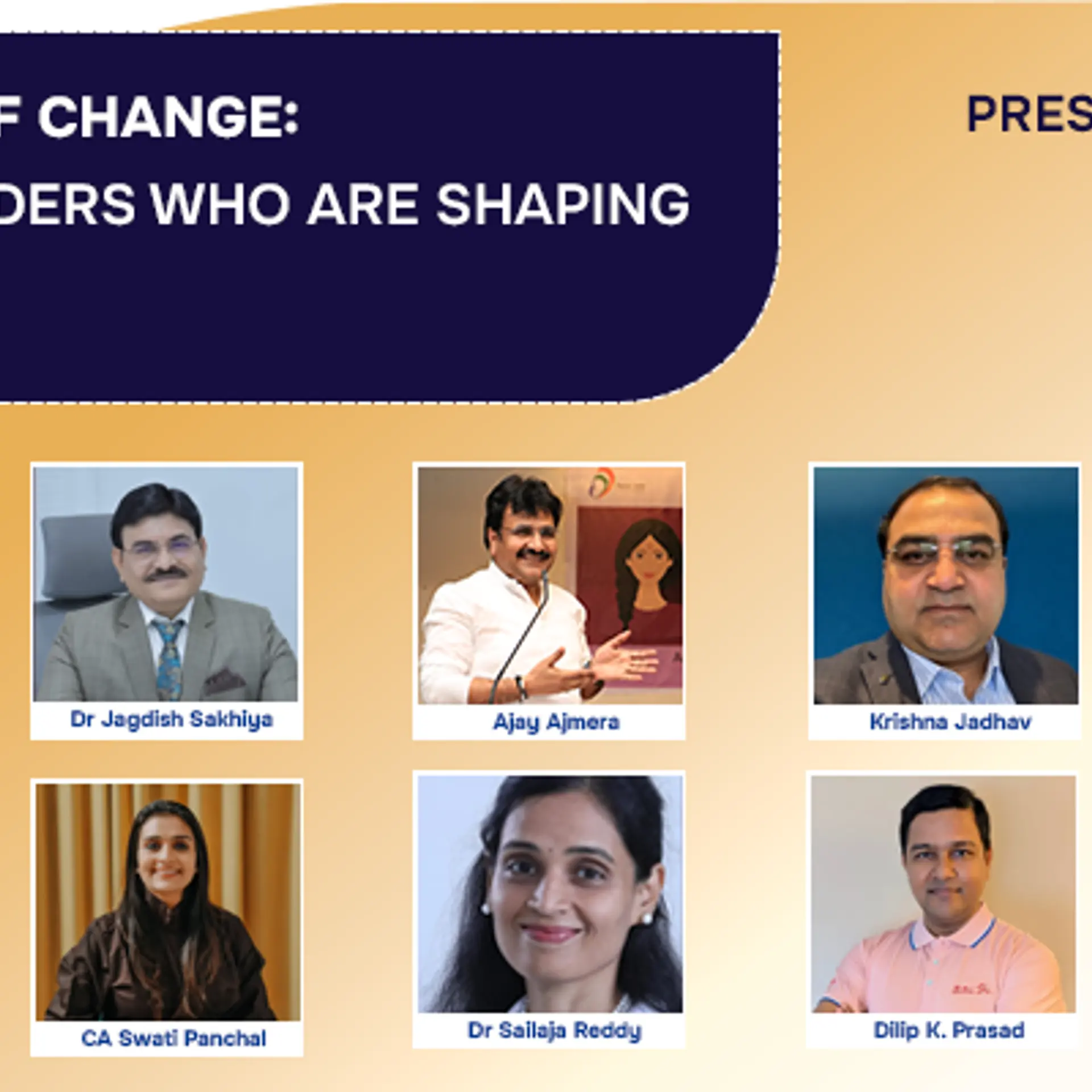Why enterprise SaaS is at the heart of Cornerstone Ventures’ investment strategy
Cornerstone Ventures will make a higher quantum of investments in Indian SaaS startups as it believes that the scale of the SaaS startup ecosystem in India is only going to get bigger.
Last month, Cornerstone Ventures announced the launch of its second fund with a size of $200 million. The first fund from the firm, launched in 2019, was $50 million.
Cornerstone Ventures’ optimism in the startup ecosystem is largely due to its focus on the country’s software as a service (SaaS) startups. The firm believes homegrown business-to-business (B2B) SaaS startups have much more to offer to large enterprises, which is why it is doubling down on this segment with a larger quantum of investments.
The company, which was founded by Abhishek Prasad and Rajiv Vaishnav in 2018, has so far invested in 21 SaaS startups from the first fund with an average value of investment in each startup being in the range of $2-3 million.
Cornerstone Ventures is expecting to mark the first close of its fund in June this year and final closure by March of 2025. According to Prasad, it has seen encouraging response from its current set of limited partners and is now scouting for global investors.

On the performance of the first fund, Prasad said the portfolio of startups has witnessed a 4.5X in revenue growth.
With the second fund, Cornerstone Ventures wants to aim higher.
“We will invest in the range of $5-7 million from the second fund largely at Series A and B stages of funding,” Prasad, Managing Partner, Cornerstone Ventures tells Yourstory.
In addition, Cornerstone Ventures hopes to seek investment opportunities at the late-stage funding rounds.
Enterprise SaaS
The founding partners’ close ties with the enterprise sector—Prasad and Vaishnav were with GenNext Ventures, the VC arm of Reliance Industries—have helped them fine-tune the VC firm’s investment strategy.
Prasad and Vaishnav say they saw a shift in the startup ecosystem in 2015-16 when B2B started garnering attention despite the dominance of business-to-business (B2B) ventures.
“We saw the emergence of a new class of founders who were experienced professionals with strong domain expertise. That is when we decided that it was a good time to build a B2B fund in India,” says Prasad.
Cornerstone Ventures predominantly invests at early stage—Series A and B—and pre-Series A in a few cases.
According to Prasad, relationships with CXOs of large enterprises who are also limited partners in the fund, is an advantage. This enables the firm to help their portfolio companies to get access to the large enterprises as potential customers and also get strong referrals through this CXO network.
Startups in its portfolio include blockchain startup Dhiway, fintech-focused startup Credilio, AI automation platform Tune AI, customer engagement tech firm Wootag, and API-driven tech startup focused on the aviation industry, Mystifly.
Bigger scale
Cornerstone Ventures believes that the scale of the SaaS startup ecosystem in India is only going to get bigger. A report by Chiratae Ventures and Zinnov notes that the Indian SaaS industry is set to reach $26 billion in terms of revenue by 2026.
A report by Bain & Co on the Indian SaaS industry for 2022 said it expects Indian SaaS companies to collectively reach ~$35 billion in ARR and capture ~8% of the global SaaS market in the next five years.
Prasad says several macro trends are in favour of the SaaS segment. First, the broad macroeconomic indicators in the country are giving rise to optimism of sustained higher economic growth, secondly, the advent of generative AI (GenAI) is expected to create new business opportunities and lastly, enterprises are keen to adopt the latest technologies.
SaaS, like other sectors, has felt the chill of funding winter as well as suffered from slower revenue growth and increased commoditisation.
A case in point is the share price of Freshworks, which has been trading much below (at $13.74 on May 21) its IPO price of $36 per share.
However, the VC firm is hopeful of returns. Prasad says, “The SaaS business model is here to stay but it will take new avatars moving away from the licensing model to a value based model.”
He believes that while there is an increased level of commoditisation in the SaaS space but there is also a shift by a certain set of companies who are concentrating on delivering solutions which actually lead to higher revenue for their customers. This is an example of the value-based model.
Prasad says Cornerstone Venture is focused on those SaaS startups which are generating actual value to the large enterprises though the sales cycle for such engagements stretches up to six months. “One you are in, it is a long-term engagement,” he remarks.
A niche
In India, the SaaS investment segment is a crowded space with the presence of several funds such as Peak XV (formerly Sequoia India), Accel, Blume Ventures, 3one4 Capital to name a few.
While some funds are dedicated to the SaaS sector like Together Fund, and Pentathlon, others have these companies as part of their larger portfolio.
According to Prasad, Cornerstone Ventures’ USP is its ability to connect and network with the large enterprises which in turn helps in the growth journey of their startup portfolio. It also has several partnerships with large enterprises to showcase their startups.
“We understand what it takes for a startup to have a successful partnership with a large enterprise,” he says.
Edited by Affirunisa Kankudti








